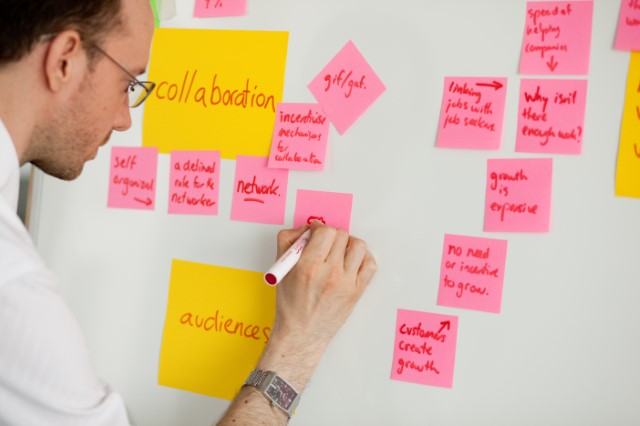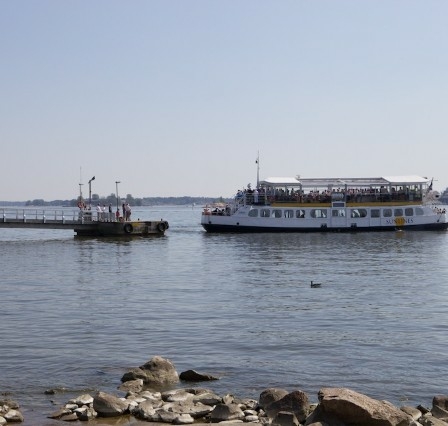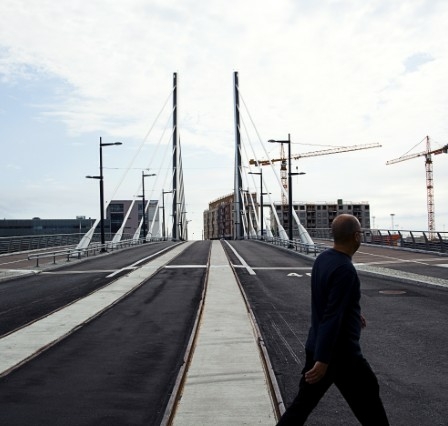Decision-makers at all levels of the society are faced with increasing levels of complexity and uncertainty. The growing specialisation of economic activities and the historical transformation of societies have challenged the decision-making capacities of individuals, organisations and governments. So how can we learn to deal with these complex and uncertain systems?
Complexity scientists have coined the term “complexity gap” to denote the growing mismatch between the ever-more complex systems and the limited capacity of traditional governance arrangements to deal with them. As a result, individuals suffer from growing life-management problems, corporations are feverishly trying to innovate new organisational arrangements to replace the old hierarchies, and national governments are overwhelmed with the rapidly shifting policy environment.
The research on complex systems suggests that there are two principal ways of dealing with highly complex and uncertain systems. Either one can attempt to reduce the complexity of the system and its interdependencies; or one can absorb or embrace the complexity by increasing the cognitive and relational diversity of the governing organisation. The former approach could involve the development of new theories, models or rules that reduce the amount of information processed by decision-makers; or the standardisation of system interfaces and modularisation of value-adding systems. The latter could include multi-stakeholder dialogue and learning processes that increase the cognitive diversity of participants; or decentralisation of decision-making, networking, and participatory policymaking processes which increase the diversity of the governance solution. Both approaches close the complexity gap between the system and its governance arrangement.
Moving to more sustainable governance arrangements that can accommodate the increased complexity and uncertainty is not easy. Established mental frames, norms, rules, structures, economic interests and social relationships tend to stabilise systems but they also make them very rigid in times of major socio-economic transformation.
This week Sitra had a visitor from Scotland who had spent more than 40 years facilitating change in complex corporate and government systems. In two separate sessions, Anthony Hodgson from the International Futures Forum described two interesting methods which can help decision-makers to build the requisite cognitive complexity to deal with problems.
The Three Horizons model differentiates between the current, Horizon One, system and its incremental change processes from the visionary Horizon Three system that is a better fit with the system’s new environment, as well as the Horizon Two system that builds the bridge between the previous two systems. Laying out the visionary alternative to the current system allows the participants to broaden their mind, start questioning the assumptions in their current thinking and start exploring promising alternatives that may already exist in the fringes of the current system.
The World Model is a twelve node framework that represents the key factors of viable and sustainable systems, such as worldview, well-being, food, water, energy, wealth, community, etc. The framework emphasises the interdependence of these factors and the need to develop sufficient cognitive diversity and holistic understanding of complex phenomena.
In the other session, Anthony described his current dissertation work that focuses on Second-order science. Traditional reductionist science is facing growing problems with complex phenomena. It digs deeper and deeper into scientific specialities while ignoring the fundamental interdependencies among the different parts of complex, interdependent and multi-level systems. This raises a fundamental question: how much can we depend on narrow scientific evidence in our decision-making?
Some researchers have already paid attention to this question. They are developing Second-order science, or Science 2.0, that takes the complexity and interdependencies of natural and social systems as its starting point. In today’s ever-more complex and uncertain world, the demand for this new scientific approach is likely to grow and the limitations of reductionist science to become increasigly visible.
















Recommended